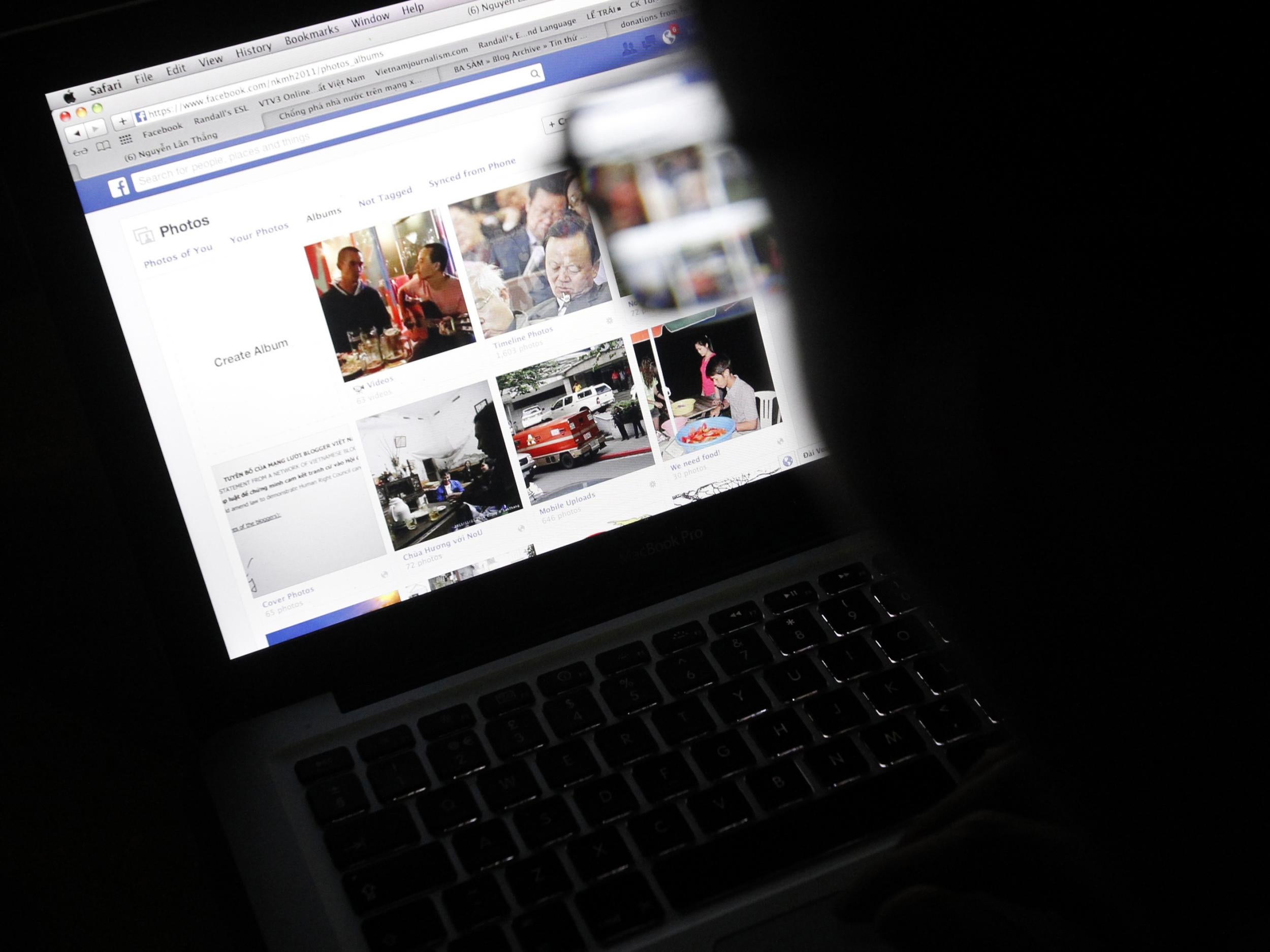Thailand threatens to ban Facebook unless social network removes content deemed national security threat
Telecoms regulator says it assumes site will comply with country's lese majeste laws but will otherwise face block

Your support helps us to tell the story
From reproductive rights to climate change to Big Tech, The Independent is on the ground when the story is developing. Whether it's investigating the financials of Elon Musk's pro-Trump PAC or producing our latest documentary, 'The A Word', which shines a light on the American women fighting for reproductive rights, we know how important it is to parse out the facts from the messaging.
At such a critical moment in US history, we need reporters on the ground. Your donation allows us to keep sending journalists to speak to both sides of the story.
The Independent is trusted by Americans across the entire political spectrum. And unlike many other quality news outlets, we choose not to lock Americans out of our reporting and analysis with paywalls. We believe quality journalism should be available to everyone, paid for by those who can afford it.
Your support makes all the difference.Thailand has no immediate plan to block access to Facebook, the telecoms regulator said on Tuesday, as it expects the social media giant to comply with court orders for the removal of content deemed to threaten national security.
In a move to censor criticism in the junta-run country, the telecoms regulator had set Facebook a Tuesday deadline to take down 131 web addresses with content it saw as threatening security or violating strict lese majeste laws.
Last week's threat prompted a flurry of concern in the South East Asian country - one of Asia's most active on Facebook - that the site would be blocked.
However, there would be no immediate measures to block Facebook, Takorn Tantasith, secretary-general of Thailand's telecoms commission, told reporters, adding that bureaucracy had held up the process of removing the 131 impugned content items.
“We have the necessary documents from the court to block 34 URLs now,” Takorn said, following a visit to the head office of a grouping of internet providers in Thailand to check if Facebook had complied with the authorities' removal request.
“Facebook has cooperated well in terms of taking steps to block the URLs that we asked them to in the past,” he added.
“If they cooperate, then there will be 97 URLs left which we have asked the court to issue warrants to block.”
Facebook did not immediately respond to a Reuters request for comment on the matter.
The head of the service providers' association, which groups 19 landline and mobile ISPs and international gateway operators covering 90 per cent of Thailand, also told reporters there was no plan to block access yet.
“We haven't discussed that action to shut down Facebook,” said Morakot Kulthamyothin, president of the Thai Internet Service Provider Association (TISPA).
All 131 sites were still accessible after the deadline expired on Tuesday, the provider added.
Since the military took power in a coup in 2014, Thailand's government has ramped up online censorship, particularly against material perceived to insult the monarchy.
Last month, Thailand also banned citizens from any contact online with three vocal critics of the monarchy.
The junta's latest attempt to block content would not achieve much, said Pavin Chachavalpongpun of Kyoto University, one of the three critics.
“The government will achieve little from the current ban,” Pavin told Reuters.
“If Facebook complies, it will be condemned by the international community. If Facebook ignores the request, then I guess the government will prove to the public that it is serious about this - expect more arrests of those who follow me.”
Facebook has said its general guideline on receiving government requests to remove content is to determine whether the material violates local laws before restricting access.
In 2016, Facebook blocked 50 pieces of content found to have violated the lese majeste law, following government requests.
Since taking power, the military government has made increasing use of the royal insult law, which can carry a penalty of up to 15 years for each offence, against critics.
Days after the May 2014 coup, the ministry of information and communications technology blocked access to Facebook temporarily, saying the military had ordered suspension of content critical of its actions.
The junta denied ordering the step.
Copyright Reuters
Join our commenting forum
Join thought-provoking conversations, follow other Independent readers and see their replies
Comments